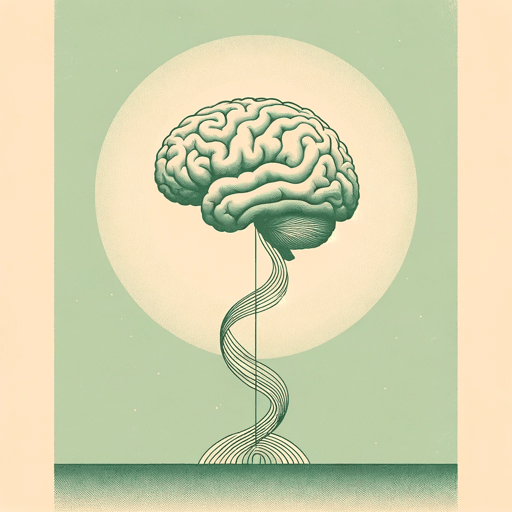46 pages • 1 hour read
Norman DoidgeThe Brain That Changes Itself: Stories of Personal Triumph from the Frontiers of Brain Science
Nonfiction | Book | Adult | Published in 2007A modern alternative to SparkNotes and CliffsNotes, SuperSummary offers high-quality Study Guides with detailed chapter summaries and analysis of major themes, characters, and more.
Chapters 9-11Chapter Summaries & Analyses
Chapter 9 Summary: “Turning Our Ghosts into Ancestors”
Chapter 9 defends psychoanalysis as a method to treat psychiatric symptoms. It argues guided discussion of past trauma can help the plastic brain forge better neuronal connections while letting go of old ones—which is why it should not be disregarded as a “worse” method of therapy than drugs. This chapter follows the story of Mr. L., one of Doidge’s patients who learned to manage his depression and apathy through talking therapy. As an adult, he could not understand why he experienced depression and why he felt compelled to be unfaithful to women as soon as their relationships became serious. Although he respected his romantic partners and understood infidelity as hurtful, his desire to avoid commitment was stronger. Mr. L. lost his mother at the age of 26 months, a critical age where children’s right orbitofrontal system—which regulates and reads emotions—has finished developing and is awaiting reinforcement. Usually, parents help their children associate words, expressions, and actions with specific emotions, such as relief or discomfort. Those who do not receive adequate attention in this critical stage learn to “autoregulate” by shutting down emotionally. A study proves children raised by their mothers in prison grew up more emotionally stable than children who had to share a nurse.

